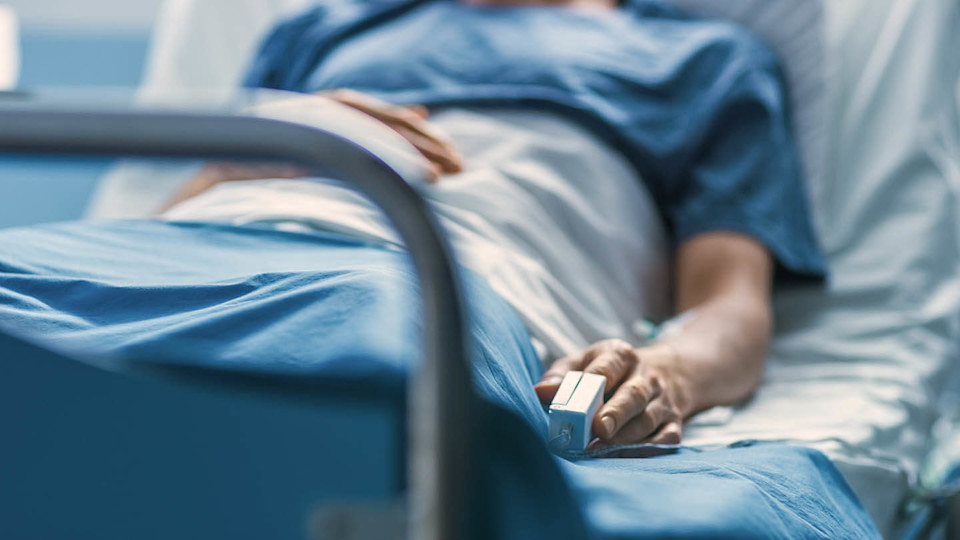
Medical negligence
Delayed cancer diagnosis led to woman’s death – Coroner highlights NHS ‘neglect’
A woman died after a delayed lung cancer diagnosis, with the NHS Trust charged with her care criticised by a Coroner for its “neglect”.
As reported in the news this week, Anne Dyson died in February of this year, although investigations into possible lung disease had been ongoing at South Tyneside and Sunderland NHS Foundation Trust since September 2021.
Scans showed she had an increased growth in her lung from October 2023, but a CT scan was wrongly interpreted the following March, meaning a cancer diagnosis was significantly delayed.
By the time of diagnosis, in late 2024, Ms Dyson’s cancer was terminal.
The inquest into her death concluded she died of natural causes, which were “contributed to by neglect”, with the Coroner raising concerns over the lack of a consistent approach for radiologists at the Trust in interpreting scans.
“The evidence indicated that radiologists are not provided with a list or a summary of a patient’s symptoms or health complaints which resulted in the scan being commissioned, nor are they provided with details of any new or changed symptoms that have occurred during the investigative period,” said David Place, senior Coroner for the City of Sunderland, who has also made a Prevention of Future Deaths report.
“I am concerned that this has the potential to restrict the focus of the interpreter resulting in only limited aspects of the scan being interpreted, not the whole of the scan, meaning that potential diagnosis and treatment can then be significantly delayed, if something is missed.”
A campaign for a change in NHS cancer scan policy, known as ‘Anne’s Rule’, has been launched by Anne Shaw, whose cancer was missed twice on scans, leading to a delay of more than two years in her diagnosis. Her cancer is now terminal.
‘Anne’s Rule’ calls for scans where cancer is suspected to be present to be reviewed by two radiologists, one of whom should be a cancer specialist.
John Lowther, who represented Anne Shaw in her successful claim against St James’s University Hospital in Leeds, says: “The tragic case of Anne Dyson is another reminder of the vital importance of analysing scans. It is crucial that radiologists are told why the scan has been requested and it is particularly important that imaging is thoroughly reviewed where there is a clinical suspicion of cancer.
“If cancer is indeed found on the scan, then time is of the essence in ensuring the patient is given the treatment and support they urgently need. These are life or death decisions which must be backed by the highest standards of practice.
“Our client Anne Shaw is campaigning for scans to be subject to additional scrutiny by specialists in their field, which is something we would very much like to see being adopted across the NHS, to help support improvements in standards of practice more widely.”



